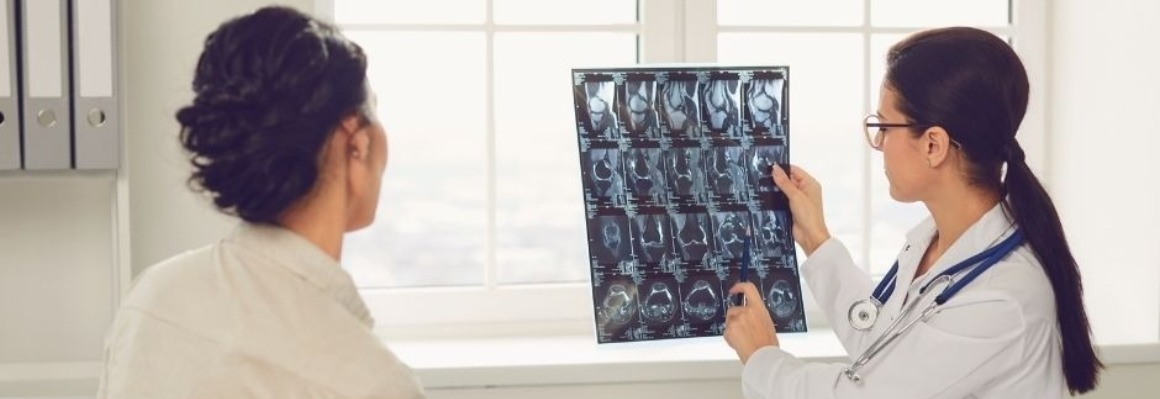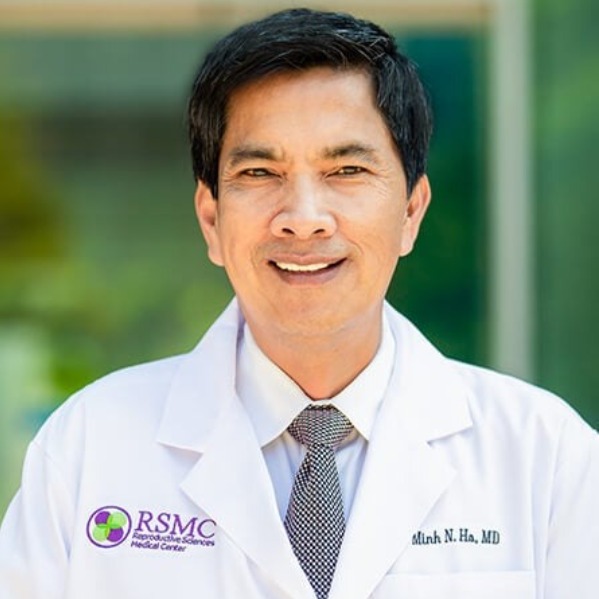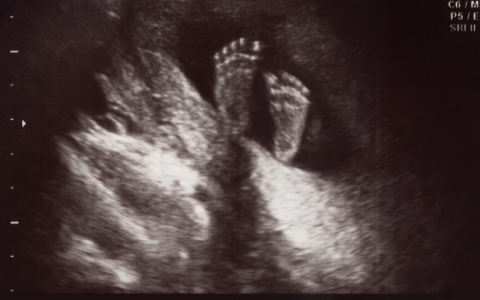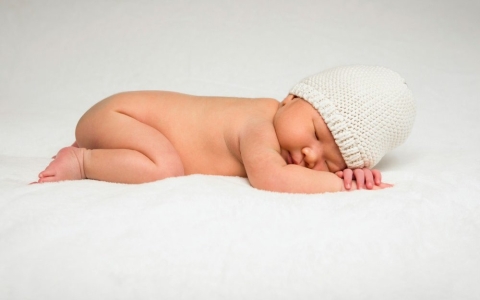Post-Hysterectomy Care? Can You Still Get Pregnant Without a Uterus?

Many women who have had their uterus removed due to cancer or other reasons often inquire about artificial reproduction or surrogacy with a tone of sadness and helplessness. As healthcare professionals, we understand your feelings. However, life is a long journey, and when faced with challenges, we must bravely confront them. Moreover, with advancements in medical science, even if you've had your uterus removed, it's still possible to fulfill your dream of having children!
Below, we have compiled some relevant information that we hope will assist those in need.
Under What Circumstances is a Hysterectomy Performed?
There are many reasons for needing a hysterectomy. Some are due to malignant tumors, such as cervical cancer, endometrial cancer, or ovarian cancer, while others are due to benign tumors, such as uterine fibroids. Non-tumor-related reasons, such as severe endometriosis or uterine prolapse, are also reasons for removing the uterus. Additionally, complications such as postpartum hemorrhage and severe uterine trauma may necessitate a hysterectomy. Among these reasons, uterine fibroids are the most common. Since fibroids can only be treated symptomatically and may recur even after surgery, some doctors may recommend removing the uterus if a woman is nearing menopause and no longer planning to have children. However, other doctors believe that surgery may not be necessary if the fibroids naturally shrink during menopause. Fibroids often cause excessive menstrual bleeding, menstrual pain, and compression of the bladder and colon, causing difficulties in women's daily lives.
Can IVF Treatment Be Done with Cancer?
What is Uterine Fibroid? Can it be cured?
Drawbacks of Hysterectomy
Actually, the psychological impact of hysterectomy on women is far greater than the physiological impact. Some women may feel depressed or experience sexual dysfunction due to the perceived loss of a female symbol. Physiologically, there may be temporary urinary leakage and constipation immediately after surgery, but typically within a month, normal activities can resume, with exercise possible after about six weeks, and sexual activity returning to normal within two months. Many women also worry about early menopause after hysterectomy, but this is not the case. Hormones are associated with the ovaries, not the uterus.
Post-Hysterectomy Care and Health Tips
-
Keep the incision dry during the first week after surgery. If it gets wet, gently clean it with saline solution using a cotton swab and cover it with clean gauze.
-
Showering is allowed after suture removal, but avoid baths until two months after surgery.
-
If the incision has healed, there's no need for topical medication.
-
Monitor the incision daily for signs of redness, swelling, heat, or abnormal discharge.
-
Avoid using vaginal douches or tampons.
-
Expect some vaginal discharge or spotting for 2-4 weeks.
Diet-wise, it's advisable to avoid overly spicy or caffeinated foods, as well as excessive smoking or alcohol consumption. Consuming high-protein foods can aid in wound healing.
Will You Still Have Menstruation After a Hysterectomy?
No, menstruation will not occur after a hysterectomy because menstruation involves the shedding of the uterine lining. Without a uterus, menstruation naturally ceases, and pregnancy becomes impossible. Additionally, the blood supply to the ovaries is connected to the uterus, so removing the uterus may somewhat affect ovarian function. For individuals with partners who wish to conceive, it's advisable to pursue fertility options beforehand. For those who are single or currently not planning for parenthood, egg freezing is recommended. In the future, utilizing the services of a surrogate mother through legally recognized third-party surrogacy services in the United States can assist you in giving birth to a healthy child.
RSMC in the United States: Fulfilling Your Dreams with 30 Years of Experience in Reproductive Medicine
In addition to state-of-the-art third-generation IVF, the United States is also a legal destination for third-party reproductive services, surrogacy, LGBTQ+ IVF, and single-parent IVF. RSMC boasts surrogate mothers from the top three legal fertility centers in the United States, as well as egg banks of various ethnicities, including a rich and high-quality Asian egg bank and sperm bank. RSMC has successfully helped tens of thousands of couples struggling with infertility and LGBTQ+ families achieve their dreams of parenthood. If you are interested in our services, feel free to inquire online with our 24/7 multilingual team: Line / WeChat: rsmctw or join WhatsApp: +1 858-342-6046 to start a conversation.

DR. MINH N. HO
Reproductive Endocrinologist and OB/ GYN in RSMC
Dr. Minh N. Ho, M.D., F.A.C.O.G, is board-certified in Reproductive Endocrinology, Infertility, and OB/GYN of the Coastal Fertility Medical Center. He graduated from medical school more than 30 years ago and has since been demonstrating his skills through practice. Dr. Minh N. Ho is very proficient in treating patients of all backgrounds but specializes in treating patients of Asian descent. His well-known practice and accredited expertise culminated the opportunity for him to provide treatment to elite clientele, including authoritative government officials and high-end celebrities in Vietnam. The majority of his patients travel from China and Vietnam to the United States to receive his infertility treatment, surrogacy and egg donation guidance at the leading full-service IVF medical center, RSMC. Dr. Ho is frequently credited for helping women of all ages with his expertise in advanced maternal age and women’s health.
About Dr.Ho
Other
-
2025/03/13others
Can Vitiligo Be Cured With Reproductive Technology?
-
2025/02/24others
What are the reasons behind failed blastocyst culture?
-
2024/11/20others
A Must-Read for Expectant Mothers: All About Down Syndrome Screening!



